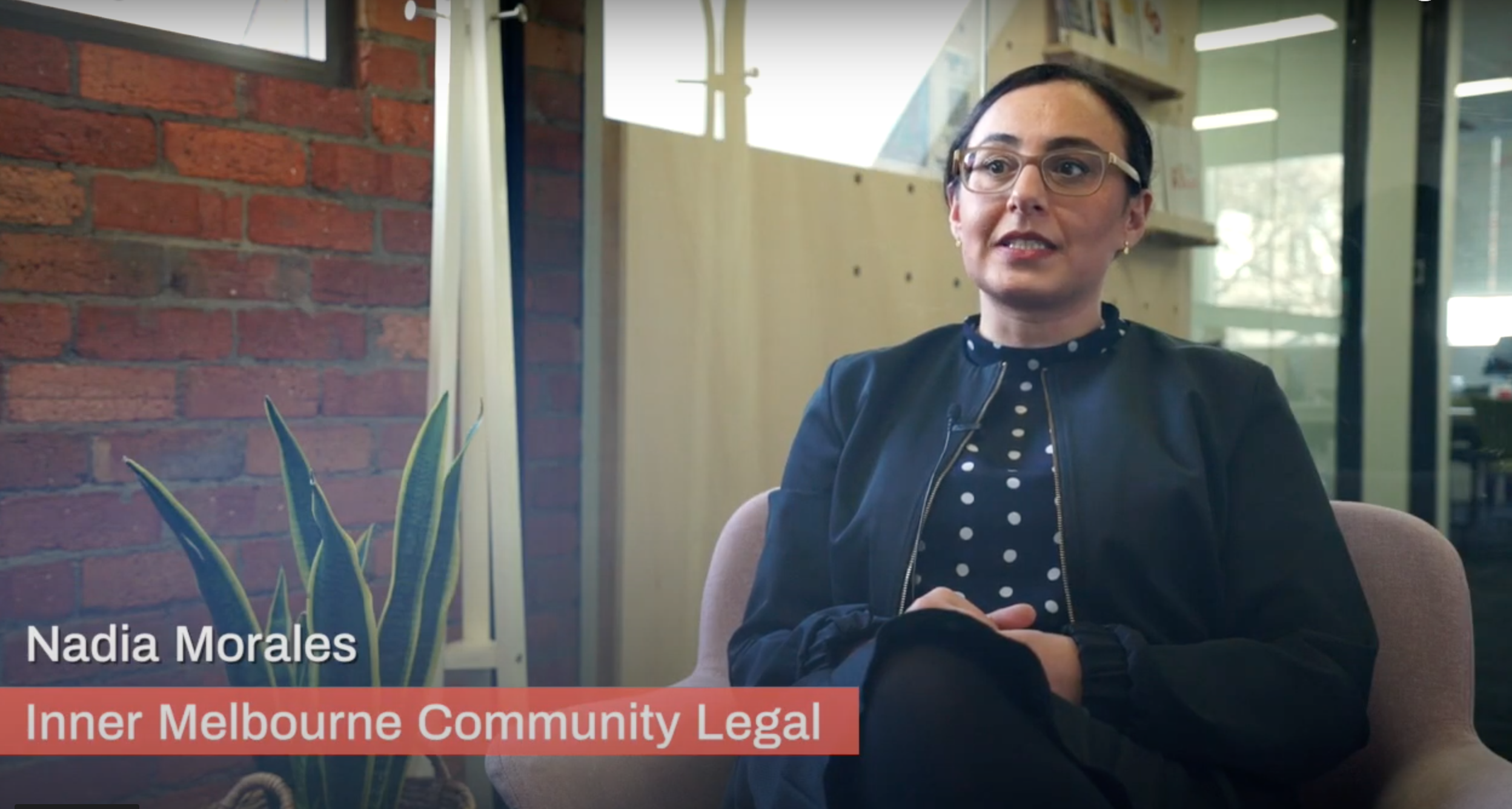“Apologise, so we can move on”
Date posted:
With COVID-19 taking a vice like grip on Melbourne in July 2020, the State Government took the extraordinary step of calling a hard lockdown at three public housing towers.
The two-week hard lockdown, enforced by a strong police presence and in some cases perimeter fencing, was called with no warning in a severe example of the State Governments emergency powers.
“I just came home and heard about it on TV,” explained Barry Berih, a resident of fifteen years at the North Melbourne public housing tower on Alfred Street.
“They brought in five-hundred police; it wasn’t reasonable. I felt like I was in a prison; I felt unsafe.”
For the public tower residents, many of whom had arrived from war-torn countries, the experience was triggering.
Inner Melbourne Community Legal solicitor Indya McMahon provided on the ground assistance to tower residents and helped advocate for basic necessities be given to residents..
“These are people from culturally and linguistically diverse communities, people from migrant communities, people that are inherently disproportionately targeted by authorities and by police,” she said..
“From a legal perspective, our main concerns were the lack of accountability of executive and police powers, the inadequate safeguards that is in the legislation currently to protect our most vulnerable in a time of crisis.
“From a non legal advocacy and practical support perspective, we were really filling in the gaps where the department was failing to provide access to fresh air, food and medicine.”
Barry said the biggest concern for tower residents though, was the lack, and in some cases the absence, of communication.
“We didn’t know what was happening, so we started using social media as a platform to learn about what was going on,” he said.
“What's special about this community though, is that everybody knows each other; everyone's got each others backs.
“We're pretty much brothers and sisters growing up in this area.”
For Barry, it’s clear what needs to be done for him and his community to heal.
“I think the government just needs to apologise, so we can move on.”
